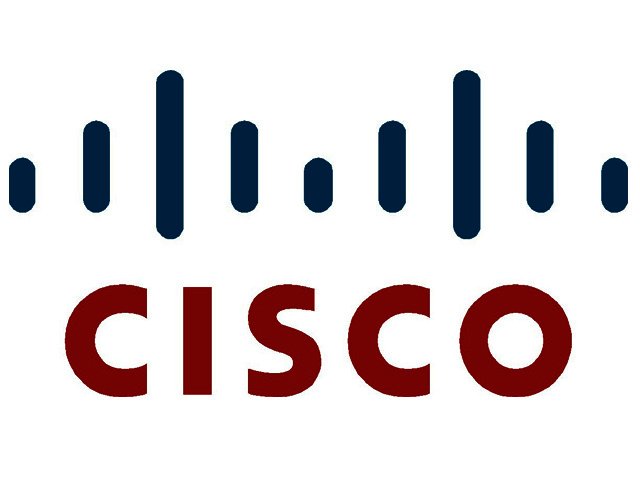PREVIOUS ARTICLENEXT ARTICLE
NEWS

Cisco releases latest global security threat report
By Ryan Noik 19 January 2012 | Categories: news
This week, Cisco released its Annual Security Report which highlights predominant security threats.
The report is a mixture of good and bad news. While that plague of the internet, spam, has been declining, mostly due to several key botnet takedowns, the company added that the number of smaller, more focused attacks had increased.
Goodbye spam
More specifically, the report elaborated that spam volume had dropped from more than 379 billion messages daily to about 124 billion messages daily between August 2010 and November 2011, reaching levels not seen since 2007. The positive impact of this decline on cybercrime is apparently significant.
The company estimates that the cybercrime benefit resulting from traditional mass email-based attacks declined more than 50% annually from June 2010 to June 2011. In monetary terms, this translates into a drop $1 billion (R8 billion) to $500 million (R4 billion).
The report also identified the countries from which the highest spam volumes are originating worldwide. In September 2011, India was found to be the source of the most spam, at 13.9%, while Vietnam came in second with 8% and the Russian Federation took the third-place spot with 7.8%.
Guard your mobiles
The report further includes analysis of the types of cybercrime that Cisco’s security experts predict profit-oriented scammers will channel their resources toward in 2012. Mobile device along with cloud infrastructure hacking is expected to rise in prevalence in 2012, while money laundering is also expected to remain a key focus area for cybercrime investment.
This is of little surprise; for months we have been warned by a variety of internet security companies, including McAfee and Kaspersky that mobile devices are increasingly at risk, while financial gain appears to be a top motivation for cybercrime.
Cisco elaborated that cybercriminals, as a rule, focus their attention on where the users are, and increasingly, people are accessing the internet, email, and corporate networks via powerful mobile devices.
“Mobile device attacks have been around for years now, but historically have not been widespread, and were more akin to research projects than successful cybercrime businesses. But that’s changing fast. Meanwhile, as more businesses embrace cloud computing and hosted services, cybercriminals are also looking to the cloud in search of moneymaking opportunities,” the company warned.
Complacency conundrum
Another vulnerability uncovered by the report comes from people, namely, workers, themselves.
The report revealed that seven out of ten young employees frequently ignore IT policies, and one in four is a victim of identity theft before the age of 30.
Even more eye-opening is the revelation that the next generation of employees entering the workforce has some disturbing attitudes toward IT policies, which counts as a growing threat in itself. Cisco elaborated that the demographic that grew up with the internet has an increasingly on-demand lifestyle that mixes personal and business activity in the workplace.
“The desire for on-demand access to information is so ingrained in the incoming generation of employees that many young professionals take extreme measures to access the internet, even if it compromises their company or their own security. Such behaviour includes secretly using neighbours’ wireless connections, sitting in front of businesses to access free Wi-Fi networks, and borrowing other people’s devices without supervision,” stated the company.
Looking ahead
As the threat landscape evolves, Cisco experts predicted that some of the main trends for 2012 will be the continued theme of targeted attacks replacing mass attacks, a continuing increase of hacktivism, and attacks on critical infrastructure systems.
In recent news, Kaspersky predicted its main cybercrime threats in the year ahead.
USER COMMENTS
Most Read Articles
Read

Magazine Online
TechSmart.co.za is South Africa's leading magazine for tech product reviews, tech news, videos, tech specs and gadgets.
Start reading now >
Download latest issue
Have Your Say
What new tech or developments are you most anticipating this year?
New smartphone announcements (46 votes)
Technological breakthroughs (29 votes)
Launch of new consoles, or notebooks (14 votes)
Innovative Artificial Intelligence solutions (29 votes)
Biotechnology or medical advancements (24 votes)
Better business applications (160 votes)



